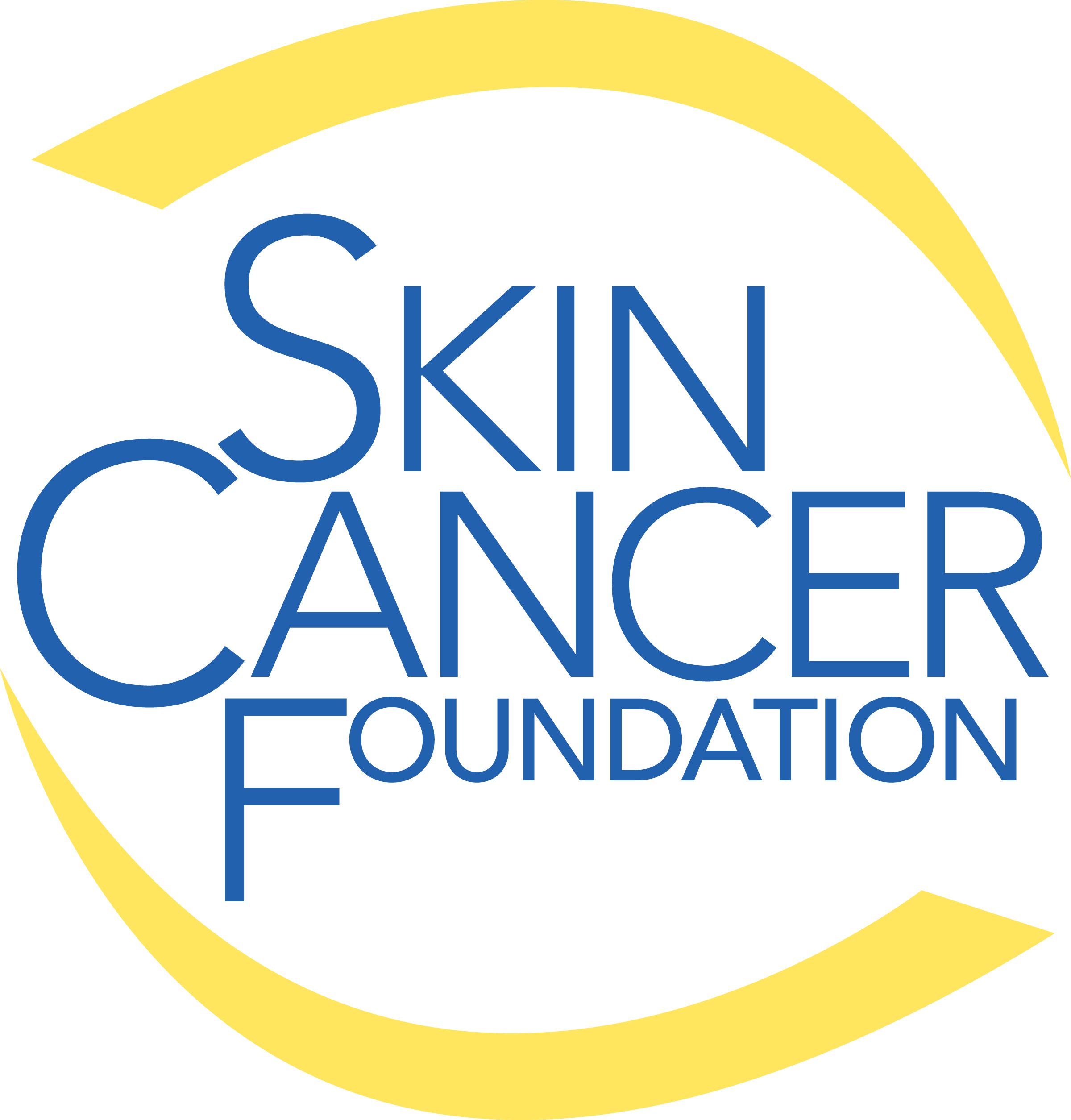Beyond Sunscreen: UPF Clothing Provides Excellent Fall Sun Protection

Covering up with clothing is the number one way to protect yourself from harmful ultraviolet rays.
As summer heat fades into fall, it can be tempting to allow your sun protection routine to slip down your list of priorities. Ultraviolet (UV) rays are present year-round, though. Although UVB rays are stronger during the summer months, UVA rays, which account for 95 percent of the UV rays that reach earth, maintain the same level of strength during daylight hours throughout the year. Exposure to both UVA and UVB radiation can damage your skin and increase your skin cancer risk. With so much damaging radiation penetrating any autumn cloud cover, maintaining sun protection during cooler, more overcast months is vital.
“With temperatures cooling down, people naturally find themselves wearing more clothing during the fall than during summer,” says Deborah S. Sarnoff, MD, president of The Skin Cancer Foundation. “This is an excellent first step for maintaining adequate sun protection — covering up with clothing is the simplest way to keep UV rays away from the skin.”
Clothing has a few advantages over sunscreen: It never has to be reapplied, and many fabrics provide a vastly higher level of protection than sunscreen. This protection is measured by Ultraviolet Protection Factor (UPF), which indicates how much UV radiation (both UVB and UVA) a fabric allows to reach your skin. A piece of clothing with a UPF of 50, for example, blocks 98 percent of the sun’s rays and allows two percent (1/50th) to penetrate.
Generally, dark-colored, loosely fitting clothing made of tightly-woven fabrics provide the highest level of protection. A dark, long-sleeved denim shirt can provide a UPF of about 1,700; essentially, complete sun protection. In contrast, a white T-shirt only has a UPF of around 7. Remember, regardless of a fabric’s UPF, if a piece of clothing is stretched or wet, it will lose some of its protective ability and become more transparent, exposing your skin to more UV light.
Some clothing makers provide UPF labels, which indicate exactly how much of the sun’s radiation the garment can shield. Fabric with a UPF rating has been tested in a laboratory, so you can be confident about the level of protection the clothing offers. Many different pieces of clothing can be made with UV-protective fabric. When shopping for sun-protective clothing, look for The Skin Cancer Foundation’s Seal of Recommendation. A fabric must have a UPF of 30 to qualify for the Seal of Recommendation. A UPF of 30 to 49 offers very good protection, while UPF 50+ rates as excellent. What’s most important to consider is how much skin you’re covering — basically, the more skin you cover, the better. Don’t forget that this includes your head! A wide-brimmed hat protects the top of your scalp, ears and face.
For more tips on year-round sun protection and information about the Seal of Recommendation program visit The Skin Cancer Foundation’s website, SkinCancer.org.
